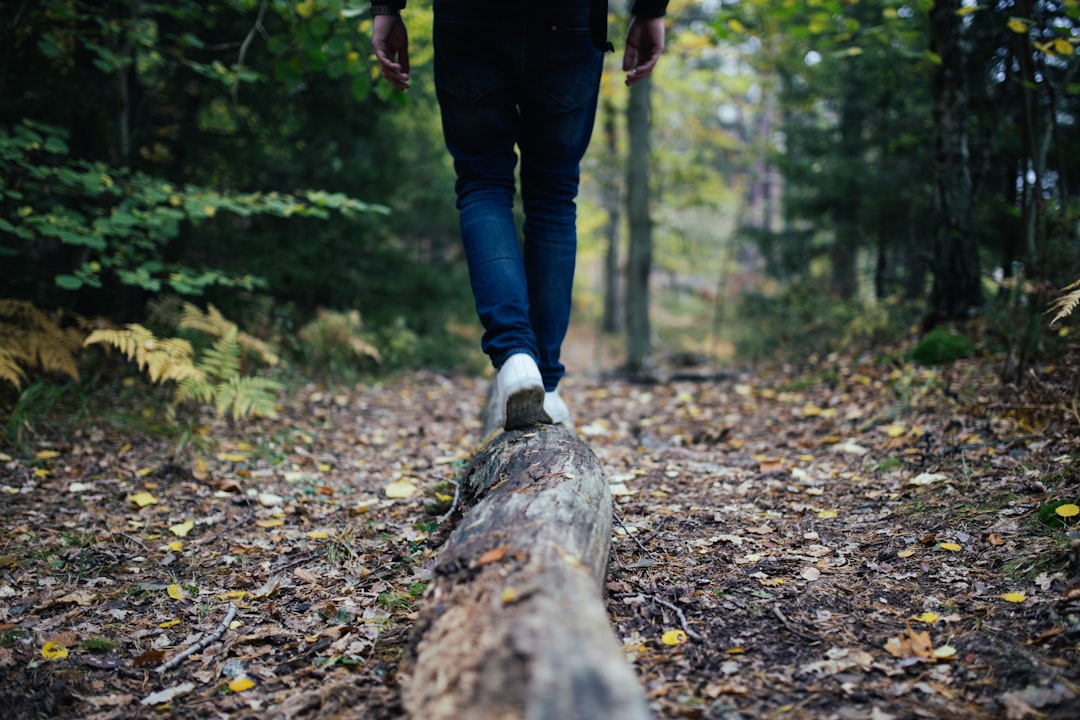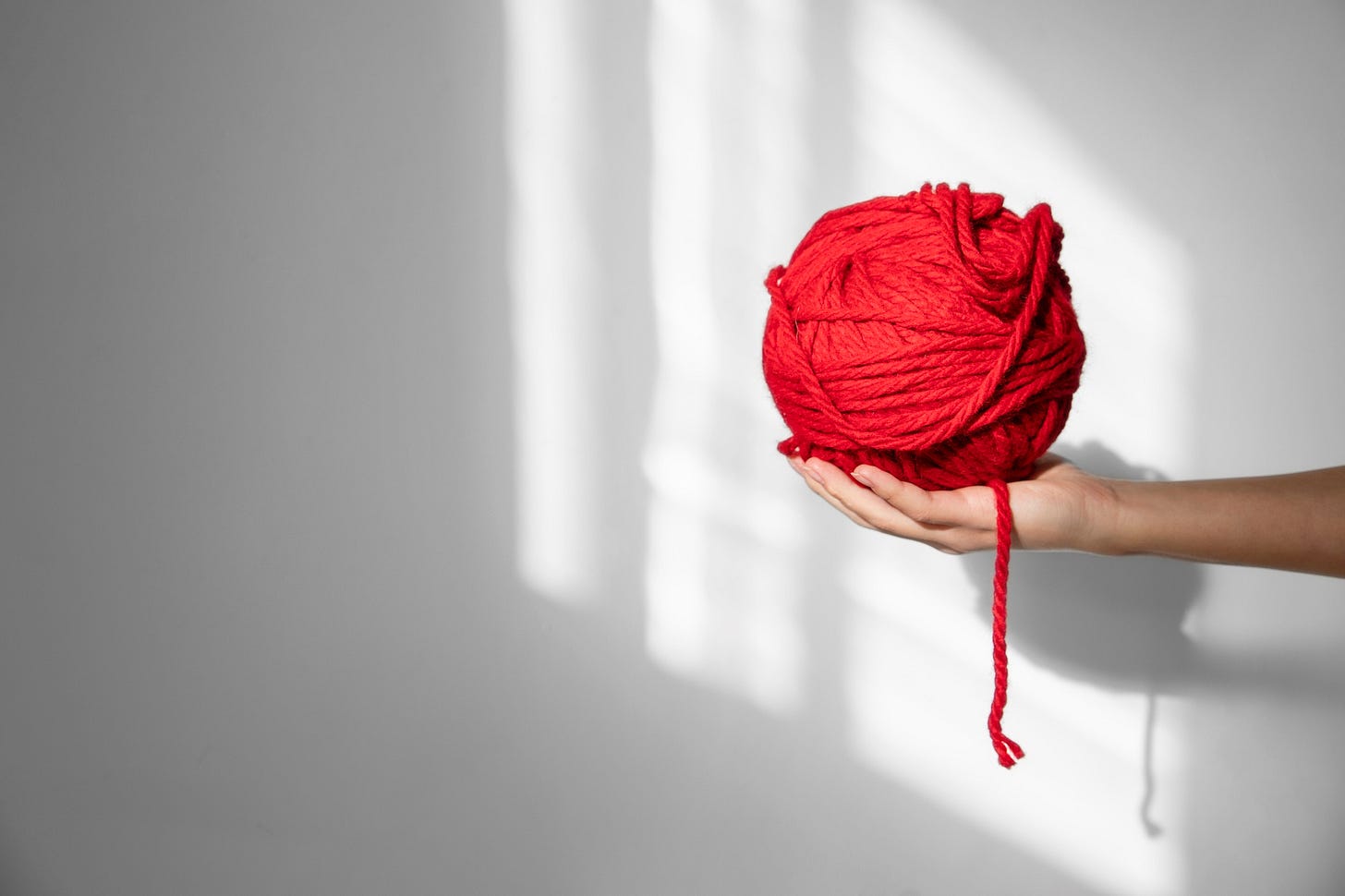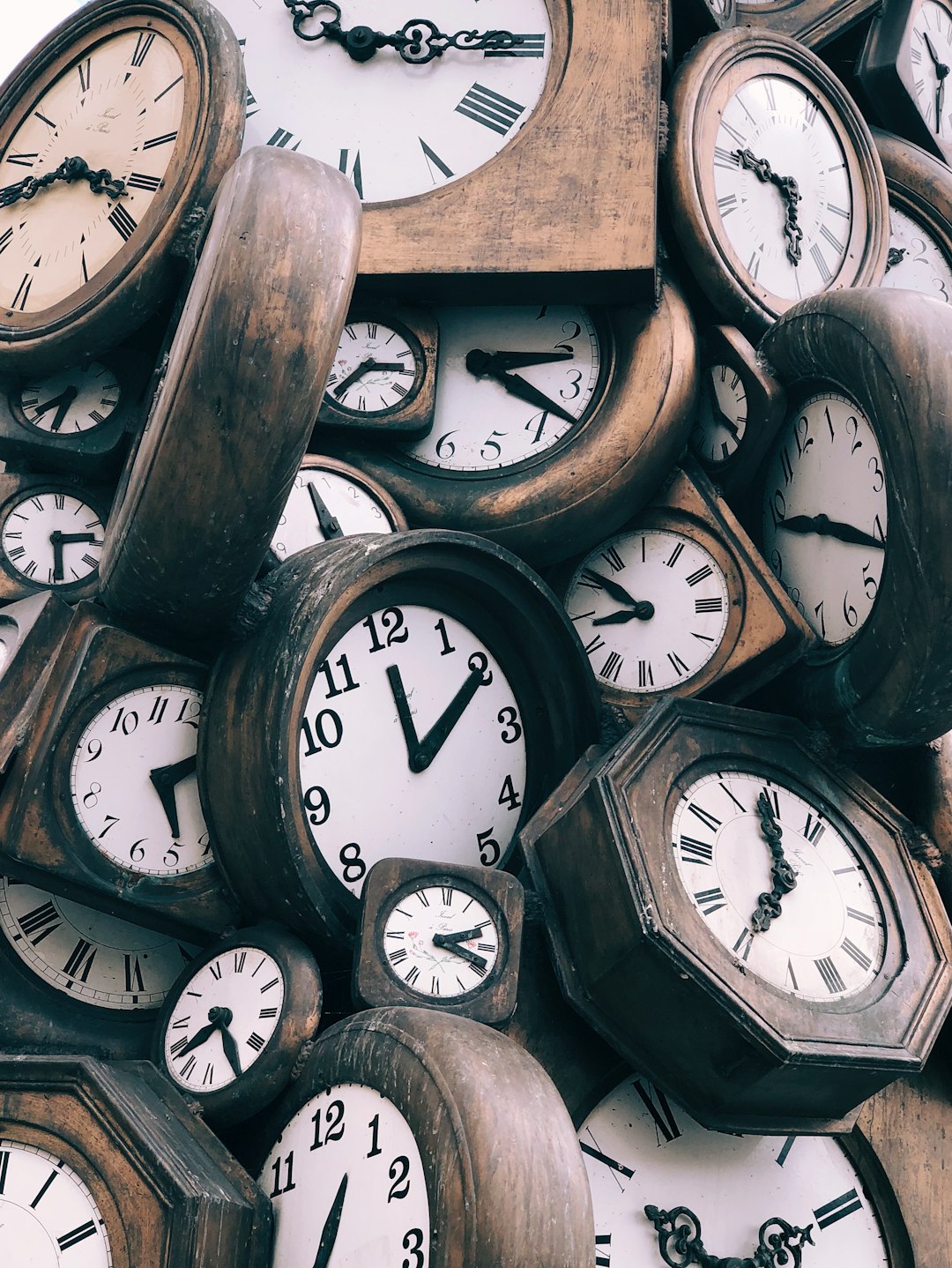Dear Healthy Jew,
“The name of the game is balance,” a good friend of mine, who also happens to be a master health coach and herbalist, declares in his WhatsApp profile. And so we learned here several weeks ago from this year’s off-balanced rain in Israel: health is the balance that avoids all extremes – not too much or too little, not too early or too late.
In case you missed it, take a look:
Today I’m going to share a solution to personal imbalances. Let’s say I’m off balance in something – or many things – in my life, that is I’m living unhealthfully.
I don’t exercise, or work out too much.
I overeat, or don’t eat enough.
I binge on junk food all day, or never touch anything less healthful than kale.
I’m always stressed out with work, or can’t seem to show up for anything.
I barely sleep, or barely get out of bed.
I’m nmeshed with friends or family, or lost in loneliness.
I smoke too much, or don’t smoke at all.(Woops, bad example.)
It’s also possible to embrace both extremes, ping-ponging from one to the other. (Believe me, I know.)
If you identify with any of this, or find yourself off-balance in another area of your life, you might feel stuck in the rut of habit, the bonds perpetually strengthened every time you repeat the unhealthy behavior. You might know that simply deciding to do better – swearing off the sugar, or swearing onto the treadmill – won’t last a week. How can you get back on balance?
For me, the first critical step toward balance is abandoning the failures of the past and procrastinations to the future, centering my attention on the current choice only. If the name of the game is balance, the time to play is right now, and the place is right here. If you think about it, this is already a shift toward balance: past and future are extremes on the spectrum of time; they join together to create the present moment, the time and space we call reality.
I’ve written about this in the past:
But today, which, after all, is the only time for balance to be found, let’s look at how we can maximize the present moment to forge healthier habits, personalities, and relationships.
Driving a car can provide a helpful analogy. If I turn the steering wheel right or left and floor the gas, not only won’t I go anywhere, but the car will spin around itself until something bad happens.
The same thing happens with me: if I overemphasize any feature of my character – yes, anything – I’m not going forward, engaging and building in the world beyond me, but spinning around myself, becoming more and more around and about me. Until something bad happens.
The longer I spin, the more it seems that the world revolves around my own self which sits smack in the center of all the action. In the human character, this is called self-centeredness, that wily imperfection often confused with ego.
Holding on to some detail of life, I come to identify myself with it, gripping its familiar comfort ever closer while it smothers everything else that I am and could become. Soon enough, I’m thrown completely off balance, forfeiting the rich variety of life’s experiences because I’m caught in the extreme expression of one or several of its details.
The heart of my problem isn’t too much eating (or too little), or not exercising (or exercising too much), or whatever specific thing causes me trouble. My problem is that I’ve morphed from a whole, complex, and interdependent person into an eater or exerciser or whichever part of me has become the center of my world, and am petrified of letting go.
Which is exactly the solution: letting go.
Back to the spinning car, if the driver would courageously let go of the wheel and the gas, the car would work itself out and he can be back on his way. The same goes for my life: if I let go of enticing extremes, I’m no longer off balance, stuck in a rut revolving around myself. I can then travel forward on the road of life, heading along in God’s beautiful and balanced world toward whatever destination I’ll find.
Because balance is born from letting go, it’s not something to win, fight for, or purchase. Balance doesn’t even really need to be found, because it’s the essence of life after I’ve let go of the myriad temptations and distractions that stifle it. It’s who I truly am when I’m not lost inside myself.
Although letting go might require some courage, the actual action, by definition, is completely effortless. It’s not another thing to do, but a different way of living the same life I have already. Letting go flips the narrative: instead of willing myself to health, I let go of unhealthy extremes, allowing balance to flow in by itself.
For example, I’m not trying to force myself to eat less or exercise more. Instead, I’m letting go of food, and letting go of sitting all day long. And so on.
However, it’s not always easy to discern what exactly I’m gripping, and how to let it go (How do I “let go of sitting”?) The reason is that oftentimes what I’m holding onto is not the external temptation or behavior, but a wide range of underlying beliefs, fears, stresses, or traumas.
Regarding food, I might not be holding on to eating itself. And what prevents me from exercising is often not laziness. I explored one possibility regarding eating in Defense for Desire, and for exercise in "You Talk Too Much".
Yet it’s not always necessary to know what exactly I’m holding on to in order to let go. Because holding on is the root of all imbalances, just practicing letting go can be a source of balance.
I’m not the first one to notice this. Similarly to Solving Stress, human cultures have been exploring letting-go strategies for millennia, employing many tools of wisdom such as meditation, parables, stretches, and prayer. Many people find it helpful, even critical, to devote time every day for formal letting go, practicing tried-and-true methods that work for them.
Vacations are another great way to practice letting go. I’m not going away to escape anything, because escape is just another way of trying to hold on. Instead, I’m letting go of my regular task-based life, devoting time to just being. My favorite is hiking, because I’m literally and figuratively walking forward through God’s beautiful world, open to whatever will come.
Actually, as you read this, I’m out hiking up in the Golan Heights for a long-overdue break. I’m heading toward wherever I’ll be sleeping tonight, which is wherever I happen to be when the day ends. Letting go. (Pictures when I get back, because right now I’m busy just walking.)

One Suggestion: Cup your hands together, as if you’re holding a ball of yarn. Then take all the things that are bothering you today – that is, every imbalance you’re holding on to – and drop them inside, mixing them up in your mind’s eye like strands of yarn knotting together. Once it’s all settled in, thrust out your arms as if you’re throwing away the ball of yarn, casting it all away.
How do you find balance? What actions help you let go? Share with us in the comments! (I can’t wait to see, when I’m back from the Golan!)
Thank you for reading Healthy Jew.
Here are 2 great paths to continue the journey:
Also check out this intro and index to explore hundreds of posts about our 3 Healthy Jew topics: Wellness with Wisdom, Land of Life (Israel), and Sensible Spirituality.
Finally, always feel free to reach out here with any comments, questions, or complaints:
I look forward to hearing from you!
Be well,
Rabbi Shmuel Chaim Naiman
Please note: All content published on Healthy Jew is for informational and educational purposes only. Talk to a qualified professional before taking any action or substance that you read about here.









